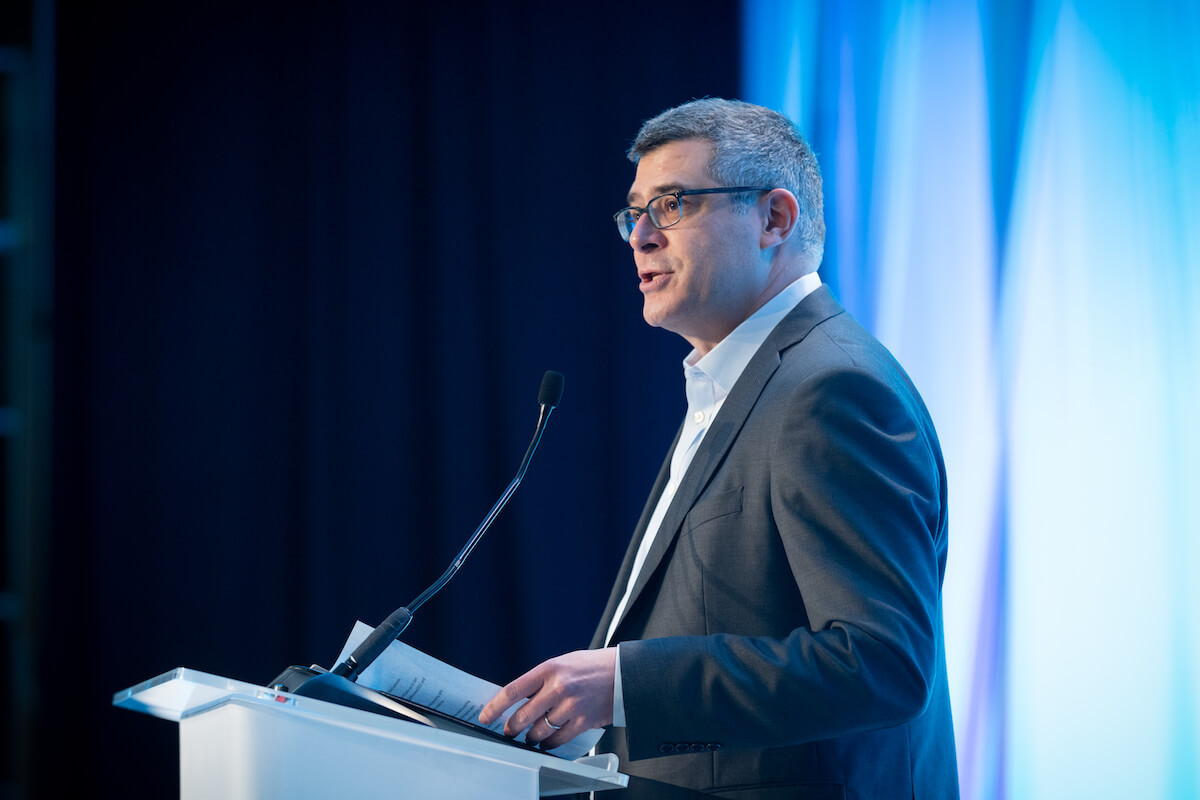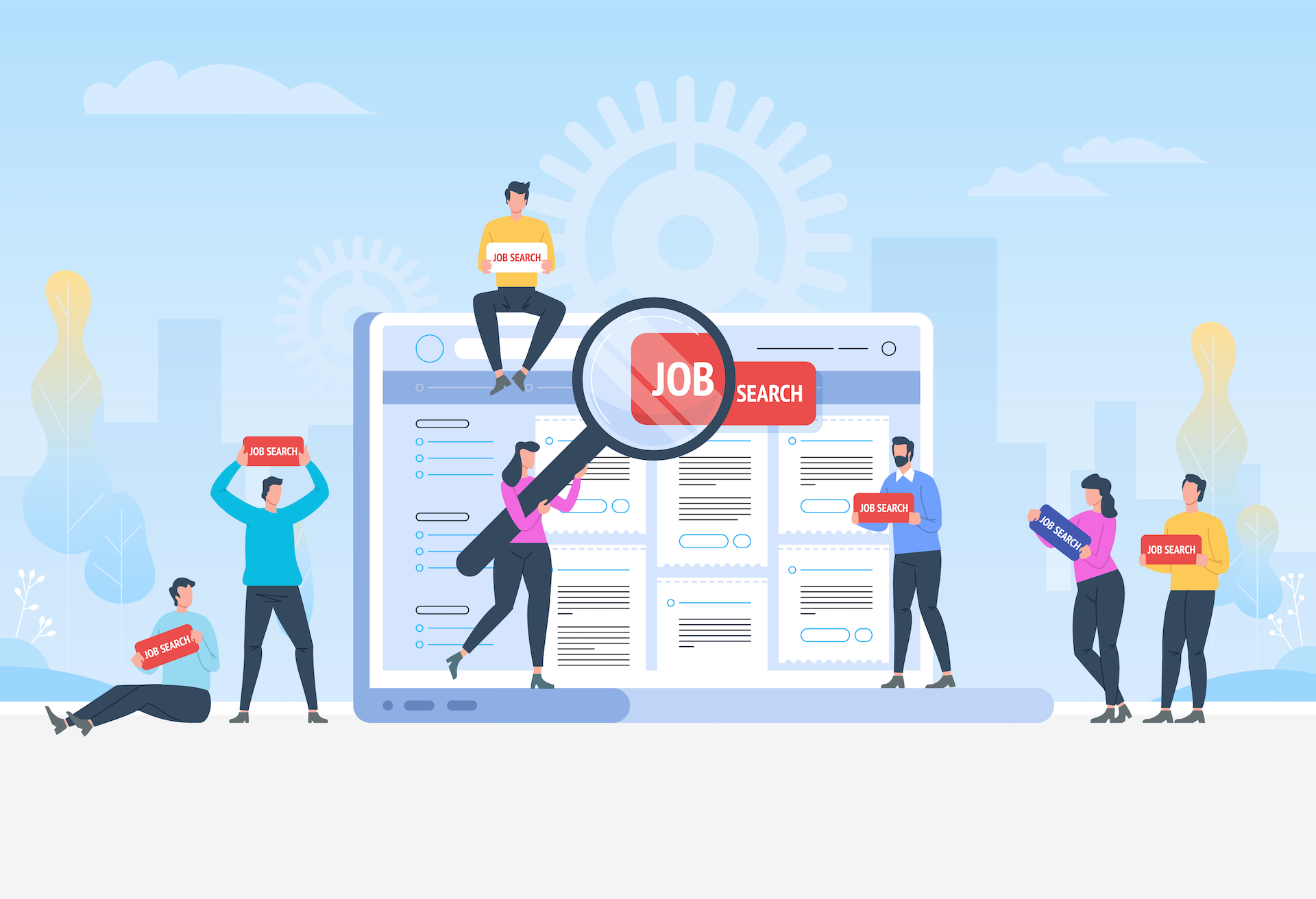Don’t miss an episode! Subscribe to ImpactAlpha’s Returns on Investment podcast at iTunes, Spotify, SoundCloud or Stitcher.
ImpactAlpha, July 9 –Through nearly 100 episodes, ImpactAlpha’s Returns on Investment podcast has traced the connections between impact investing and broader topics driving politics, society, and of course, finance. We’ve even branched out into two podcast mini-series, Beyond Tradeoffs and Institutional Shift.
In the first half of 2019, roundtable regulars Imogen Rose-Smith of the University of California, Liquidnet’s Brian Walsh and ImpactAlpha’s David Bank chewed on bottom-up (and top down) alternatives to exclusionary politics, ESG’s real-world impact, billionaire media vanity projects, optimizing the New Green Deal and impact’s Varsity Blues scandal, among other topics.
Beach, mountains, office: Wherever you are in the world, kick back, throw on some earphones (or pods!) and boost your impact IQ with seven of our top episodes of 2019.
No 1. Resistance meets revival to renew the political discourse. Everybody’s freaking out about rising populism and exclusionary politics. The political platform of the inclusive and sustainable future should harness the bottom-up energy and innovation emerging from small towns across America, startup ecosystems in Nairobi and slums in Mumbai, as well as the high-level buy-in of the U.N. Sustainable Development Goals and the Paris global climate accord. (podcast) (post)
No 2. No need to wait for Washington to mobilize around a ‘Green New Deal’ Rep. Alexandria Ocasio-Cortez has galvanized the political debate on climate change with a proposed Green New Deal that would rely primarily on government financing to pay for the required investments in climate-friendly agriculture, transportation, buildings, manufacturing and, of course, energy. The plan is a game-changer, but undersells that there is going to be massive private investment as well. (podcast) (post)
No 3. The ‘Red Ferrari Syndrome’ and other lessons of impact investing’s Varsity Blues scandal. The fall from grace of The Rise Fund’s Bill McGlashan—who was indicted, along with dozens of others, in the Varsity Blues college-admissions scandal—may be more about private-equity as a whole than impact investing in particular. This episode highlights the risks that arise when fund managers become extremely rich and live in a world that is vastly different than those of the beneficiaries whose money they’re managing. (podcast) (post)
No 4. Is it impact investing when billionaires buy newspapers and news magazines? Democracy dies in darkness. Investing in a free and independent press should be more attractive to impact investors. The same kind of tools and consideration that impact investors bestow on challenges such as energy access or reducing the prison population need to be applied to creating thriving media properties that create jobs, empower individuals and inform democracies. (podcast) (post)
No 5. Risky Business: Corporations need market signals to reduce climate risks. Fear is a strong motivator. Major companies are starting to face up to the very practical implications of climate change. One company’s risk-mitigation is another’s entrepreneurial opportunity. Adapting to climate change, perhaps even more so than mitigating it, is the entrepreneurial opportunity of a lifetime. (podcast) (post)
No 6. If ‘ESG investing’ is so great, why is the world going to hell? The three-letter acronym for “environmental, social and governance” has broken out from the wonky world of finance and into subway ads and online pitches for a slew of new ESG mutual funds, ETFs and other financial products. To be sure, ESG criteria may help investors reduce their exposure to a range of risks, from climate-related disruptions to headlines about modern-day slavery in corporate supply chains. But the investing practice hasn’t yet mitigated climate change itself. (podcast) (post)
No 7. Making the ‘S’ in ESG stand for ‘Share the Wealth.’ That capitalism is not working well for the majority of Americans poses an existential risk for the U.S. The roundtable takes up the question: Is impact investing on the side of capital, or on the side of labor? (podcast) (post)
Don’t miss an episode! Subscribe to ImpactAlpha’s Returns on Investment podcast at iTunes, Spotify, SoundCloud or Stitcher.











